Top 9 Trending Skincare Ingredients You Need to Know

Author: Tommy Tang | Founder at Ridgepole
Hi, I'm Tommy Tang, here to share my expertise in skincare with you.
Table of Contents
A few years ago, I worked with a brand that launched a new serum. It had high-quality ingredients, great packaging, and a strong marketing push. But it didn’t sell.
Why? The formula was missing what consumers actually wanted at the time.
I’ve spent years in skincare product development, tracking ingredient trends and seeing firsthand what works—and what fades away. Some ingredients become industry staples, while others disappear as quickly as they arrive.
Staying ahead isn’t just about following trends. It’s about understanding which ones have real staying power.
In this article, I’ll walk you through 9 trending skincare ingredients that are shaping the market right now. You’ll learn what’s gaining traction, why these ingredients matter, and how they can help you create products that consumers will love.
Let’s dive in.
1. Hyaluronic Acid 2.0: Next-Gen Hydration
Hyaluronic acid (HA) has been a go-to ingredient for hydration for years. But newer versions, often called Hyaluronic Acid 2.0, take moisture retention to the next level. These upgraded forms use multi-weight HA molecules that penetrate deeper into the skin, offering longer-lasting hydration.
Traditional HA mainly sits on the skin’s surface, attracting moisture. While effective, it can evaporate over time. The latest versions solve this by including different molecular weights that reach multiple layers of the skin.
Why Is It Trending?
Consumers are looking for better hydration with long-term results. Basic HA is still popular, but brands are pushing beyond single-weight formulas.
The new generation of HA offers:
- Deeper absorption – Small molecules hydrate below the surface.
- Surface protection – Larger molecules lock in moisture.
- Longer-lasting results – Hydration that doesn’t fade quickly.
People also want products that support skin barrier health. HA 2.0 does more than just hydrate—it strengthens and protects.
How Are Brands Using It?
Many brands are now including multi-weight HA complexes in their products. These formulas deliver instant hydration while keeping moisture levels balanced throughout the day.
You can find HA 2.0 in:
- Serums – Lightweight but powerful for layering.
- Moisturizers – Locks in hydration for a full day.
- Facial mist – Refreshes skin without feeling heavy.
Hydration isn’t just about adding moisture. It’s about making sure the skin holds onto it.
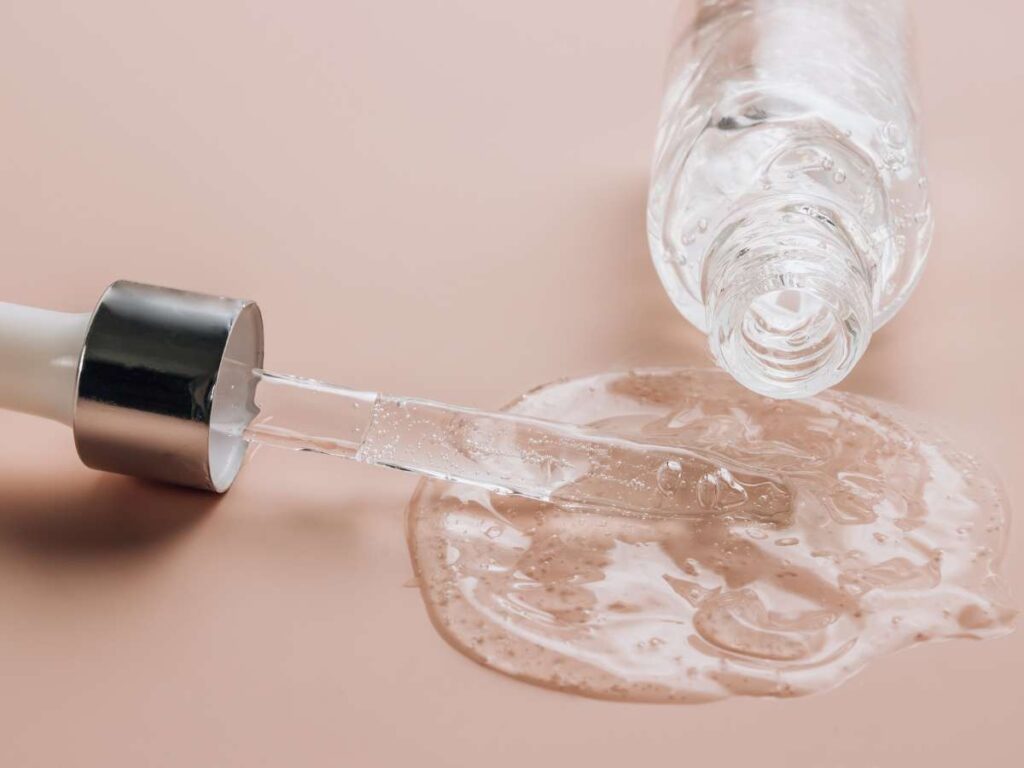
2. Niacinamide: The Multi-Tasking Powerhouse
Niacinamide is a form of Vitamin B3 that does a little bit of everything. It brightens skin, reduces redness, strengthens the barrier, and even helps with oil control. It works for nearly all skin types, making it a favorite among dermatologists and formulators.
This powerhouse ingredient improves skin health by:
- Boosting hydration – Helps the skin hold moisture.
- Calming inflammation – Reduces redness and irritation.
- Fading dark spots – Brightens uneven skin tone over time.
- Controlling oil – Helps balance excess sebum production.
Why Is It Trending?
Skincare users want simple, effective ingredients. Niacinamide fits that need. It’s gentle but powerful, making it safe for sensitive, dry, oily, and acne-prone skin.
Dermatologists often recommend it because:
- It works well with other active ingredients.
- It rarely causes irritation.
- It provides multiple benefits in one step.
Consumers love that it can target multiple concerns without being harsh. Whether someone struggles with breakouts, dullness, or dryness, niacinamide can help.
How Are Brands Using It?
Niacinamide is showing up in more products than ever. It’s easy to add to skincare routines because it plays well with other ingredients.
You’ll find it in:
- Serums – Delivers a concentrated dose to the skin.
- Moisturizers – Strengthens the barrier while hydrating.
- Toners – Refreshes skin and preps it for other products.
With so many benefits, it’s no surprise that niacinamide is a must-have in modern formulations.
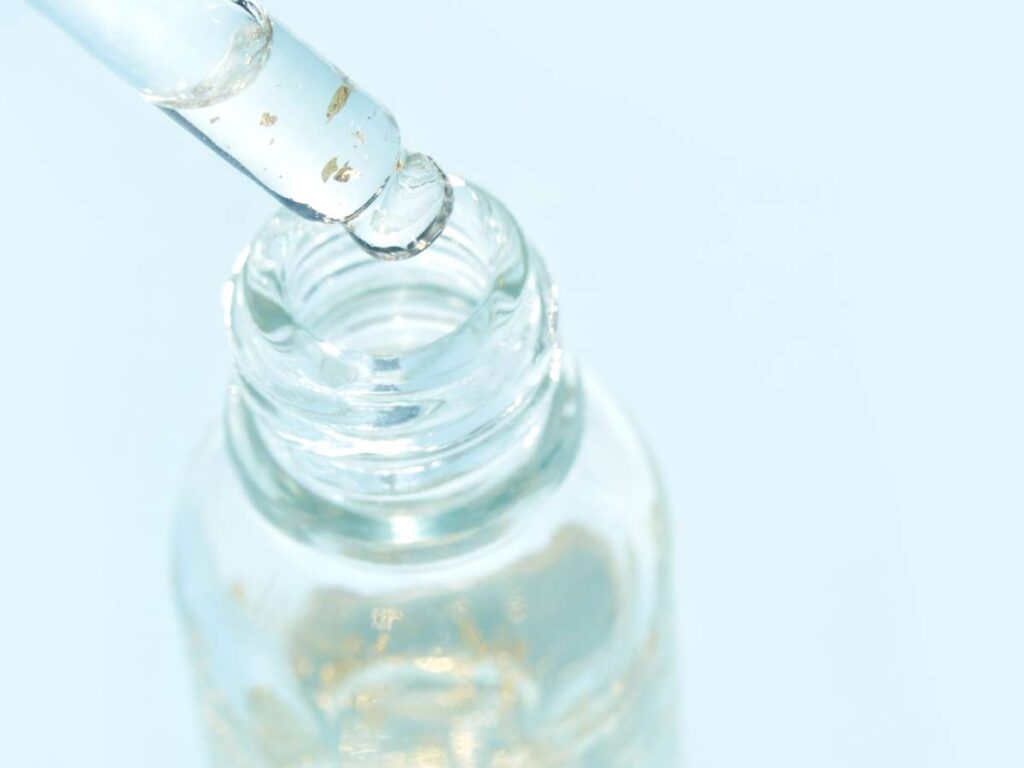
3. Bakuchiol: The Natural Retinol Alternative
Bakuchiol is a plant-based alternative to retinol. It comes from the seeds of the Psoralea corylifolia plant and delivers similar anti-aging benefits without the irritation that often comes with retinol.
Like retinol, bakuchiol helps:
- Smooth fine lines – Boosts collagen production.
- Brighten skin – Reduces uneven tone.
- Fight breakouts – Has natural antibacterial properties.
Unlike retinol, it doesn’t cause redness or peeling. That makes it a great choice for sensitive skin.
Why Is It Trending?
More consumers are looking for gentler skincare. Retinol is effective, but it can be harsh. Some people experience dryness, flaking, or irritation.
Bakuchiol offers similar benefits with fewer side effects. That’s why dermatologists and clean beauty brands are paying attention.
It’s also popular because:
- It’s natural – Fits into the clean beauty trend.
- It’s safe for sensitive skin – Works without causing irritation.
- It’s stable – Doesn’t break down like retinol when exposed to light.
People want effective anti-aging solutions without harsh side effects. Bakuchiol delivers.
How Are Brands Using It?
Because it’s gentle, bakuchiol works well in nighttime skincare. It’s often found in:
- Night creams – Hydrates while smoothing fine lines.
- Face oils – Provides nourishment with anti-aging benefits.
- Serums – Delivers concentrated effects without irritation.
For those looking for a retinol alternative that works, bakuchiol is quickly becoming a top choice.
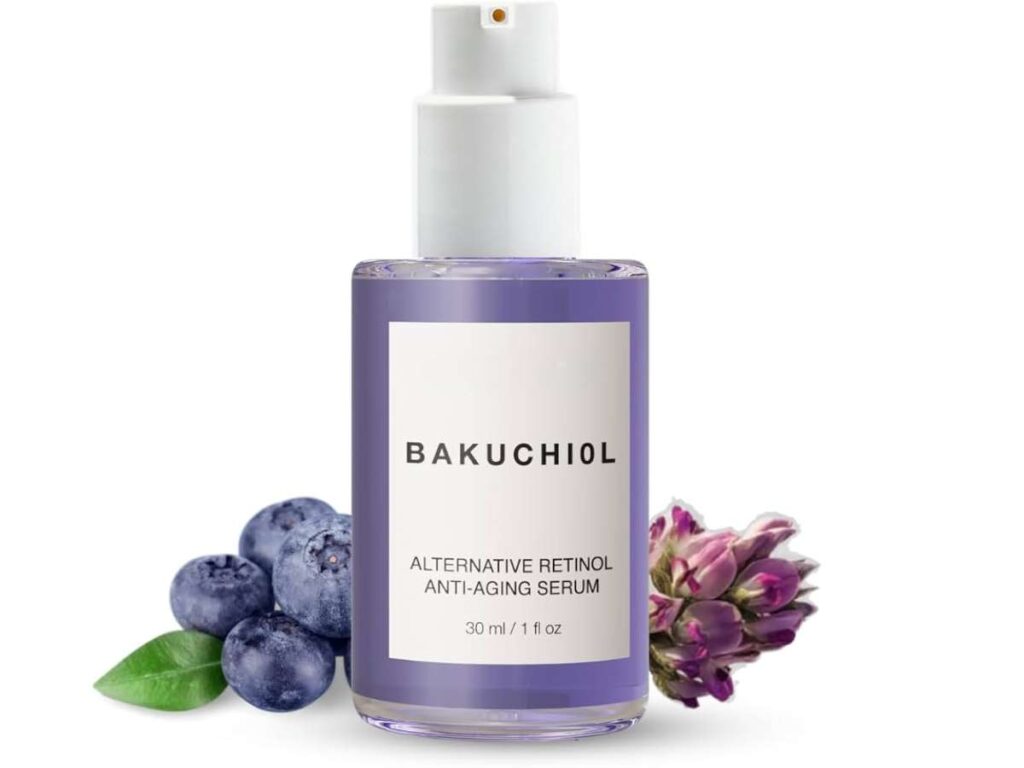
4. Centella Asiatica (Cica): Soothing & Healing Hero
Centella Asiatica, often called Cica, is a medicinal plant known for its calming and skin-repairing properties. It has been used in traditional medicine for centuries to heal wounds and reduce inflammation.
In skincare, Cica helps with:
- Soothing irritation – Reduces redness and sensitivity.
- Strengthening the skin barrier – Supports moisture retention.
- Promoting healing – Speeds up recovery from damage.
It contains compounds like madecassoside and asiatic acid, which boost collagen production and improve skin resilience.
Why Is It Trending?
More consumers are looking for barrier-repairing skincare. Harsh weather, pollution, and overuse of active ingredients can weaken the skin. Cica helps restore balance.
It’s gaining popularity because:
- Great for sensitive skin – Reduces irritation without being heavy.
- Supports skin recovery – Helps after sun exposure or harsh treatments.
- Works for all skin types – Hydrates without clogging pores.
With more people focusing on skin health over aggressive treatments, Cica is becoming a go-to ingredient.
How Are Brands Using It?
Cica is a key ingredient in many soothing skincare products. You’ll find it in:
- Serums – Lightweight formulas for daily use.
- Moisturizers – Helps lock in hydration and repair the skin.
- Recovery balms – Richer formulas for intense healing.
Cica is a mild yet effective remedy for anyone who struggles with redness, dryness, or sensitivity.
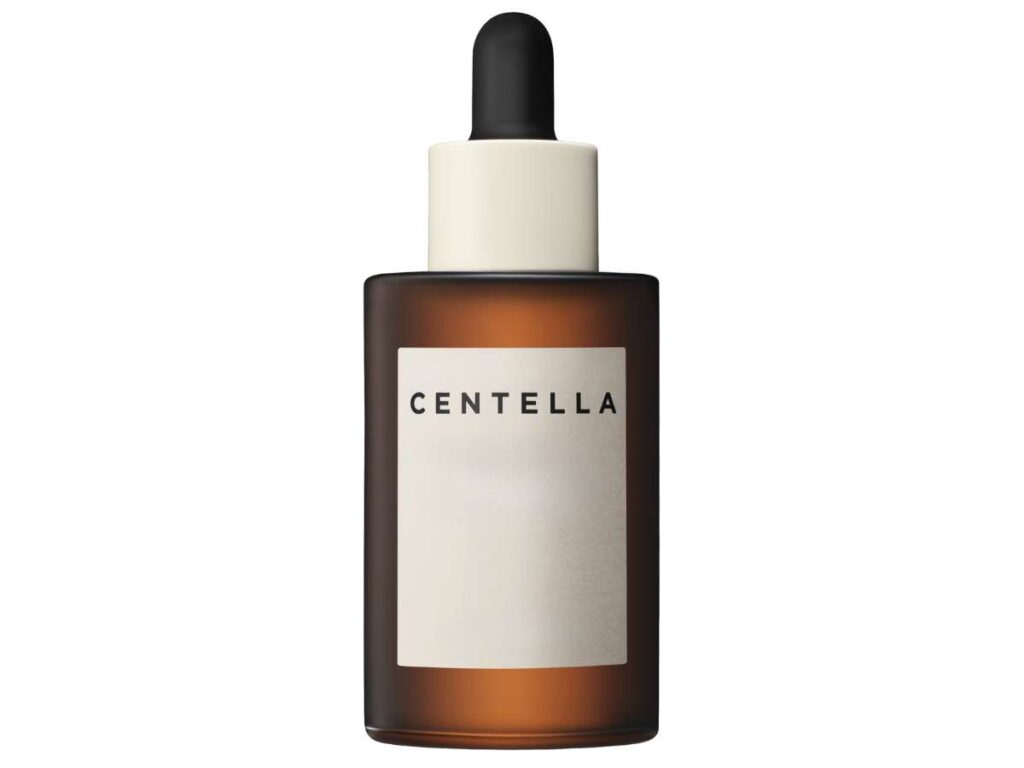
5. Peptides: Advanced Anti-Aging & Repair
Peptides are short chains of amino acids that help build proteins like collagen and elastin. These proteins keep skin firm, smooth, and youthful.
Over time, collagen breaks down, leading to fine lines and wrinkles. Peptides signal the skin to produce more collagen, helping with repair and renewal.
Different types of peptides offer various benefits:
- Signal peptides – Tell skin to make more collagen.
- Carrier peptides – Deliver essential minerals for skin repair.
- Neurotransmitter peptides – Help relax facial muscles, reducing expression lines.
Why Are They Trending?
The demand for high-performance anti-aging skincare is growing. People want ingredients that work, and peptides deliver visible results.
They are popular because:
- Gentle yet effective – Work without irritation.
- Improve skin elasticity – Help skin bounce back.
- Support long-term skin health – Strengthen and repair over time.
Unlike harsh anti-aging ingredients, peptides work without causing dryness or peeling. That makes them a great option for all skin types.
How Are Brands Using Them?
Peptides are now found in a wide range of anti-aging formulations. Brands are using them in:
- Eye creams – Reduce fine lines and puffiness.
- Firming serums – Help tighten and lift.
- Night treatments – Repair skin while you sleep.
When it comes to reducing wrinkles and increasing suppleness, peptides are groundbreaking.
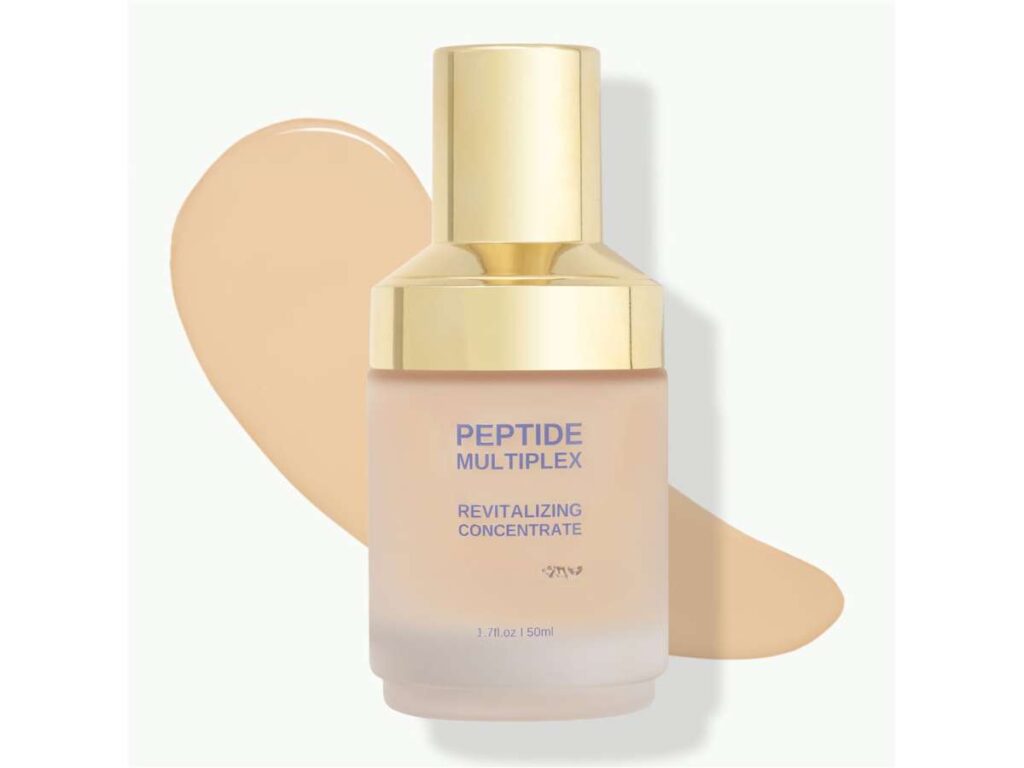
6. Probiotics & Postbiotics: Skin Microbiome Balance
Probiotics are live bacteria that help maintain a healthy skin barrier. Postbiotics are their derivatives, such as enzymes and peptides, that support skin repair and hydration.
Your skin has a microbiome—a mix of good and bad bacteria. When it’s balanced, your skin stays healthy, hydrated, and protected. But stress, pollution, and harsh skincare can disrupt this balance, leading to irritation, breakouts, and dryness.
Probiotics and postbiotics help by:
- Strengthening the skin barrier – Protects against environmental damage.
- Calming irritation – Soothes redness and sensitivity.
- Improving hydration – Helps skin retain moisture naturally.
Why Are They Trending?
Microbiome-friendly skincare is gaining attention. More consumers are learning that a healthy skin barrier is the key to stronger, more resilient skin.
Probiotics and postbiotics are popular because:
- Support all skin types – Especially beneficial for sensitive and acne-prone skin.
- Work naturally – Strengthen the skin without harsh chemicals.
- Reduce inflammation – Help with conditions like eczema and rosacea.
People are moving away from over-exfoliation and harsh treatments. Instead, they’re looking for ways to restore and protect their skin’s natural defenses.
How Are Brands Using Them?
You’ll find probiotics and postbiotics in many gentle skincare formulations. They’re often used in:
- Moisturizers – Hydrate while supporting the microbiome.
- Facial mists – Refresh skin with soothing benefits.
- Cleansers – Remove dirt without stripping natural oils.
With barrier health becoming a bigger focus, probiotics and postbiotics are here to stay.
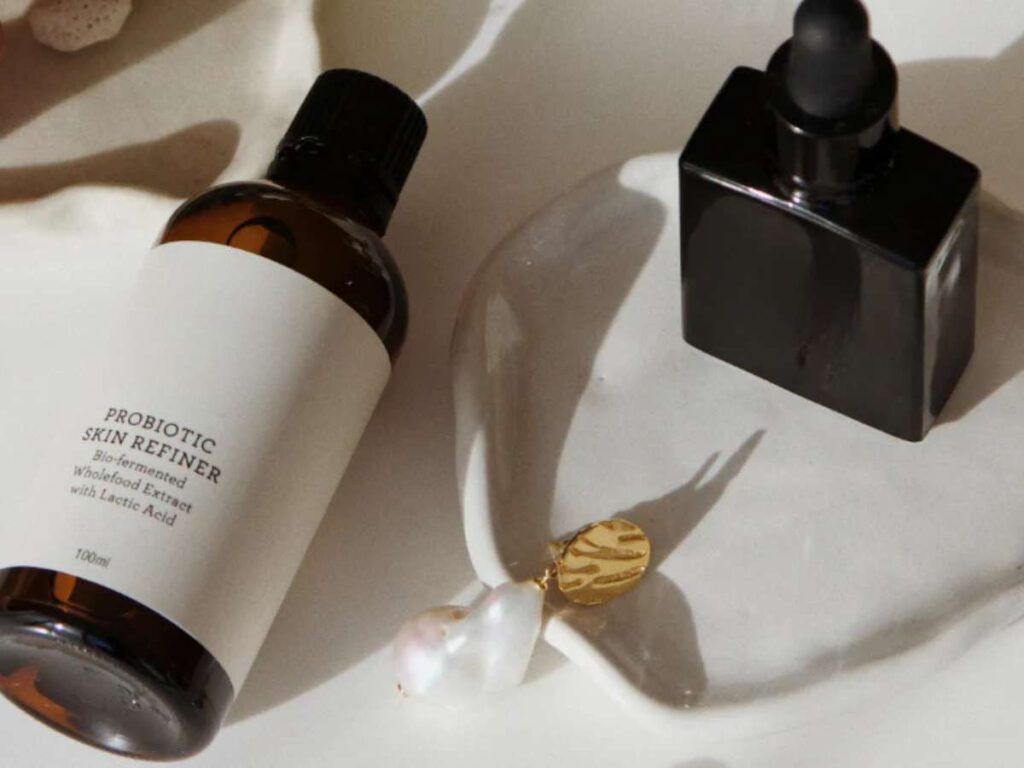
7. Polyglutamic Acid: Next-Level Moisture Retention
Polyglutamic acid (PGA) is a powerful hydrating ingredient that can hold four times more moisture than hyaluronic acid. It’s made from fermented soybeans and works by forming a thin layer on the skin to trap moisture and prevent water loss.
Unlike hyaluronic acid, which pulls water into the skin, PGA also locks it in. This makes it great for long-lasting hydration and plumper-looking skin.
Why Is It Trending?
Consumers are looking for stronger hydration solutions. While hyaluronic acid is still a favorite, PGA offers even more moisture retention.
It’s gaining popularity because:
- Holds moisture longer – Keeps skin hydrated for hours.
- Improves skin elasticity – Helps skin feel smoother and firmer.
- Works well with other ingredients – Pairs with HA, peptides, and ceramides.
People want dewy, plump skin without a greasy feel. PGA delivers deep hydration without making skin feel heavy.
How Are Brands Using It?
PGA is now found in many moisture-boosting products. It’s often used in:
- Serums – Lightweight formulas that layer well.
- Hydrating masks – Provides an intense moisture boost.
- Creams – Locks in hydration for long-lasting softness.
If you’re looking for a stronger way to lock in moisture, polyglutamic acid is an ingredient worth considering.
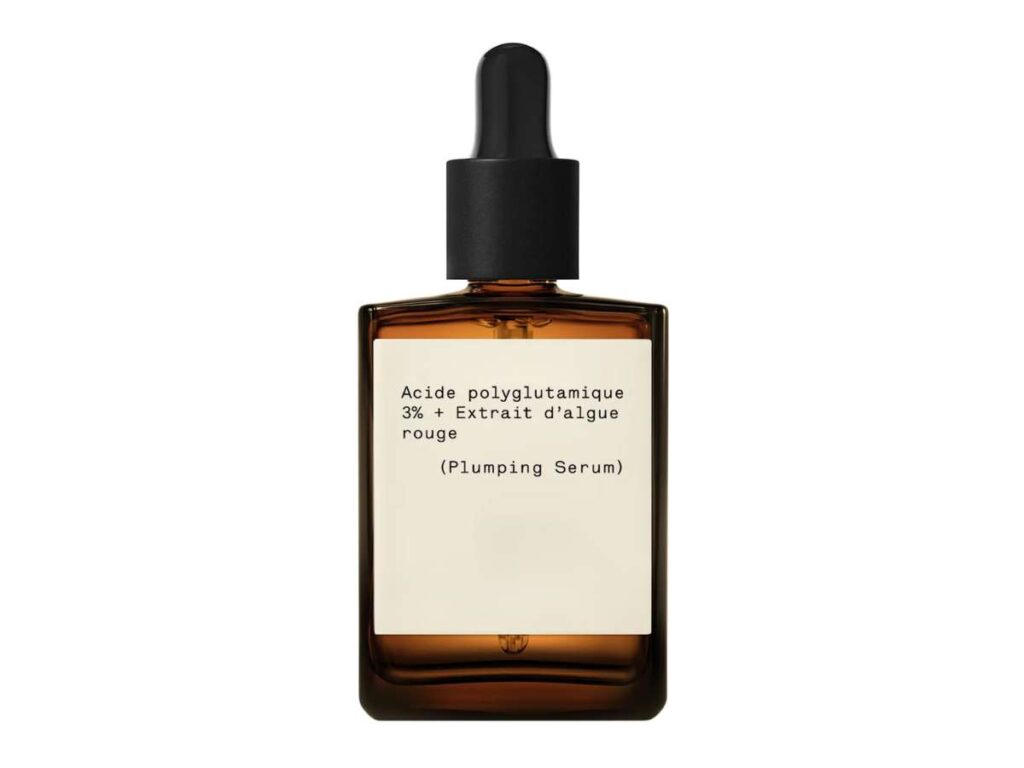
8. Fermented Ingredients: Enhanced Bioavailability & Absorption
Fermented ingredients are natural compounds that go through a fermentation process to become more potent and easier for the skin to absorb. This process breaks down molecules, making them smaller and more bioavailable.
Many skincare ingredients are now being fermented, including:
- Fermented green tea – Packed with antioxidants.
- Fermented rice water – Brightens and hydrates.
- Fermented probiotics – Strengthens the skin barrier.
This process enhances their effectiveness, helping skin get more benefits with less irritation.
Why Are They Trending?
Consumers want better absorption and skin compatibility. Fermented ingredients offer:
- Deeper penetration – Smaller molecules sink into the skin.
- Higher potency – Nutrients become more concentrated.
- Improved tolerance – Less chance of irritation.
Many traditional skincare ingredients can be hard for the skin to absorb. Fermentation solves this problem, making products work faster and more effectively.
How Are Brands Using Them?
Fermented ingredients are showing up in many high-performance skincare products. You can find them in:
- Essences – Lightweight formulas that prep the skin.
- Creams – Nourish and repair the skin barrier.
- Anti-aging formulas – Boost collagen and skin renewal.
For those looking for stronger, more effective skincare, fermented ingredients are becoming a must-have.
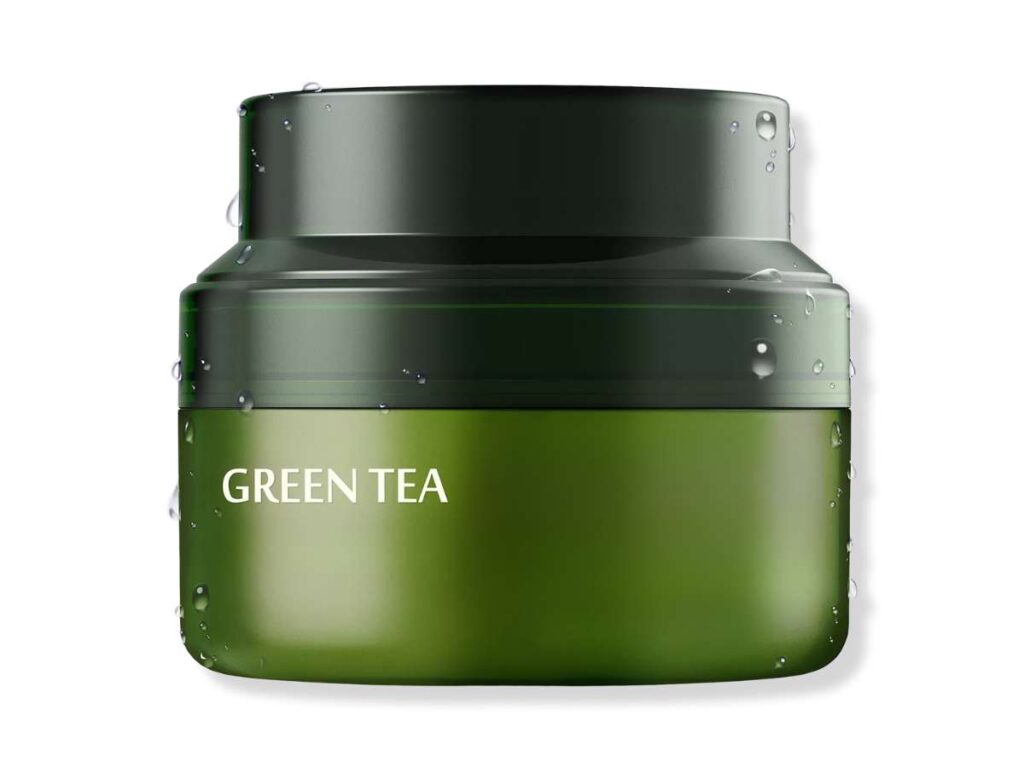
9. Algae & Marine-Based Extracts: Sustainable Skincare
Algae and marine-based extracts come from the ocean. These include seaweed, kelp, and blue algae, which are packed with antioxidants, vitamins, and minerals that nourish the skin.
These ingredients help with:
- Hydration – Hold moisture for smoother skin.
- Detoxification – Remove impurities and pollutants.
- Skin repair – Support collagen production and elasticity.
Many marine extracts also have anti-inflammatory properties, making them great for sensitive or acne-prone skin.
Why Are They Trending?
Consumers are looking for sustainable and eco-friendly skincare. Marine extracts fit that need because:
- Naturally sourced – Often harvested without harming the environment.
- Rich in nutrients – Loaded with vitamins, amino acids, and minerals.
- Support skin health – Help strengthen the skin barrier.
More people are focusing on gentle, nutrient-rich skincare instead of harsh chemicals. Algae and seaweed provide deep hydration without irritation.
How Are Brands Using Them?
You’ll find marine-based extracts in many hydrating and detoxifying products. They work well in:
- Detox masks – Help remove excess oil and toxins.
- Hydrating gels – Deliver lightweight but deep moisture.
- Firming serums – Support collagen for a lifted look.
If you’re looking for hydrated, refreshed skin, algae and marine extracts provide a gentle, nutrient-rich option.
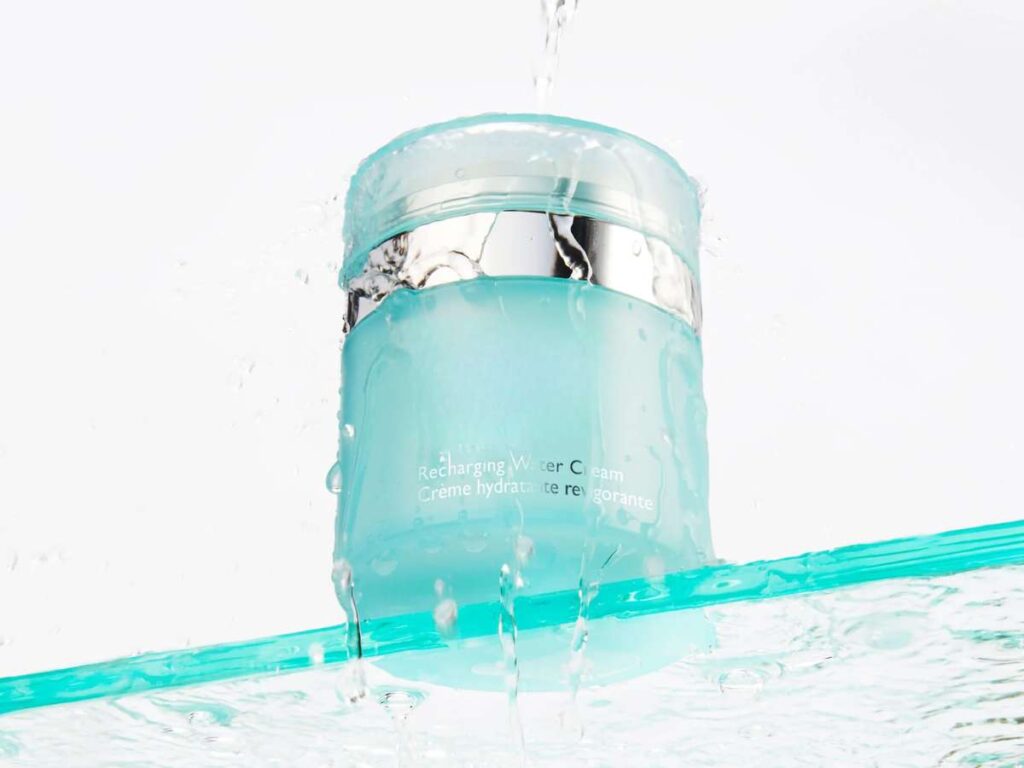
Conclusion
Ingredient trends shape the future of skincare. Some will fade. Others will become industry staples.
How do you know which ones to trust? Testing, research, and careful formulation. Your brand’s reputation depends on it.
Consumers expect effective, well-researched ingredients. Are you giving them what they need?
If you need guidance, let’s talk. We specialize in formulating skincare that stands out. Contact us today to get started.
Check Out These Additional Resources
Not quite what you’re looking for? Explore our wider product range for more choices:
Still haven’t found what you’re looking for? Don’t hesitate to contact us. We’re available around the clock to assist you.
Quick Quote
Own Your Private Label Cosmetic Line Is No Longer Difficult Here!





